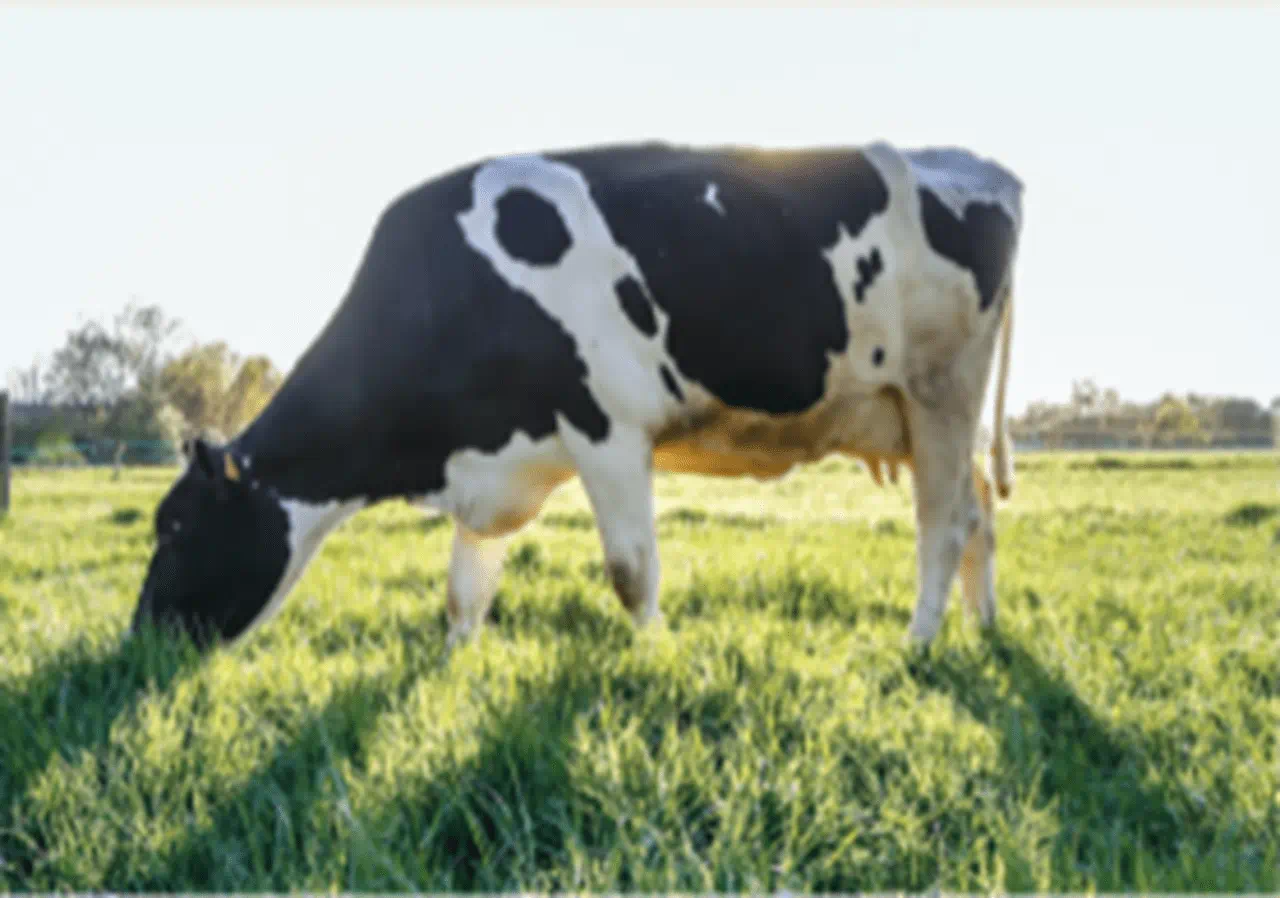Upfield Calls on Food Sector to Come Clean about Methane Emissions
- Upfield becomes first major food company to publicly disclose corporate methane footprint; Methane transparency has become a focus of the energy sector but not yet the food and agriculture sector, which is responsible for more methane emissions;
- Upfield partners with sustainability activator Anthesis Group who led on developing a food industry methodology to disclose methane emissions;
- Reducing methane emissions now can lead to measurable, impactful change to limit global warming in the coming decades
Amsterdam, 29 March 2022 – Upfield, the world’s largest plant–based food company and leading producer of plant-based spreads, butters, creams and cheeses today became the first major company in the food and agriculture sector to publicly disclose its corporate methane emissions figures, calling on others in the food and agriculture sector to do the same.
With the UN Environment Programme (UNEP) proposing a reduction of methane emissions of 45% by 2030 in order to remain within 1.5°C of global warming, Upfield has called for corporate transparency and collaboration towards a common goal for the planet’s health. Methane has more than 80 times the warming potential of CO2 over a 20 year period, making it a priority.
According to the Climate & Clean Air Coalition and UNEP’s Global Methane Assessment (2021), the agriculture sector is the largest emitter of anthropogenic methane emissions, accounting for 40% of emissions, with livestock emissions from manure and enteric fermentation (burping & farting) representing roughly 32%. COP26 in November 2021 saw methane reduction commitments focus primarily on the oil and gas industry, while other industries – such as food and agriculture – went largely unaddressed.
Having assessed the primary sources of its methane emissions, Upfield is now driving towards eliminating dairy from its global supply chains in the coming years. Dairy makes up around 1% of Upfield’s ingredients by weight but is responsible for a disproportionate 8% of greenhouse gas emissions, a large proportion of which are methane emissions. Upfield urges other food and beverage companies to measure and reduce their methane emissions too. While acknowledging its smaller footprint by way of producing plant-based products, Upfield calls for food and beverage companies to make a concerted and public effort to reduce their methane emissions through methods including diversifying product offerings away from meat and dairy, innovation in production methods and a shift from fossil fuels to renewable energy.
Upfield made the conscious decision to examine and release its methane footprint to demonstrate that it is possible and straightforward, using their disclosure as a call to action for policymakers and businesses following COP26 to promote widespread methane disclosure. Upfield worked with sustainability experts Anthesis who developed the methodology, to enable the tracking of emissions and subsequent reduction plans.Upfield has now disclosed that methane forms 7.5% – 0.237 million metric tonnes CO2e – of its total greenhouse gas inventory, with the majority originating from ingredient production (“scope 3” emissions). Upfield now knows that removing all remaining dairy from its ingredients, moving away from fossil fuels in factories and logistics, and understanding on-farm methane in the company’s plant-based supply chains will all help with methane reduction.
Methane has a much shorter half-life than CO2 but much greater short-term impact; reducing methane emissions now will lead to measurable, impactful change in the coming decade, reducing the short-term warming that leads to long-term warming. That is why methane reduction is so crucial for wider greenhouse gas reduction targets.
Sally Smith, Upfield’s Global Director Sustainability & ESG said: “Important discussions started on the urgency with which we need to address methane as a contributor to the climate crisis at COP26 around fossil fuels, while methane in the food and agriculture sector was hardly mentioned. We are disclosing our methane footprint to set a precedent for methane transparency in the food sector. We want to help establish a methodology for measuring and disclosing methane, and to encourage action to rapidly reduce this harmful greenhouse gas. If you think there is a better way to disclose methane, we would like to hear it.”
Tim Croker, Principal Consultant at Anthesis, said: “Cutting the methane impact of our diet is one of the easiest things we can do to tackle climate change in the short-term. Study after study has shown that eating a mostly plant-based diet is better for our health and better for the planet. Our agricultural and supply-chain specialists, supported by our Net Zero teams, welcome the challenge of working with companies like Upfield that want to lead the way.”
The methodology used is available on Upfield’s website via this link. Upfield welcomes feedback to improve and fine-tune this methodology, to eventually enable consistent, widespread methane disclosure in the food sector.
Upfield already discloses its overall greenhouse gas footprint publicly. The company has set targets to reduce its total GHG footprint by 25% by 2030 and be net zero by 2050. It has pledged to be 95% plastic free by 2030. Upfield has also committed to introduce carbon labelling to 500 million packs of its plant-based spreads, margarines, plant-based butters, and plant-based creams by the end of 2025 to help consumers make informed decisions about the environmental impact of the foods they choose.

